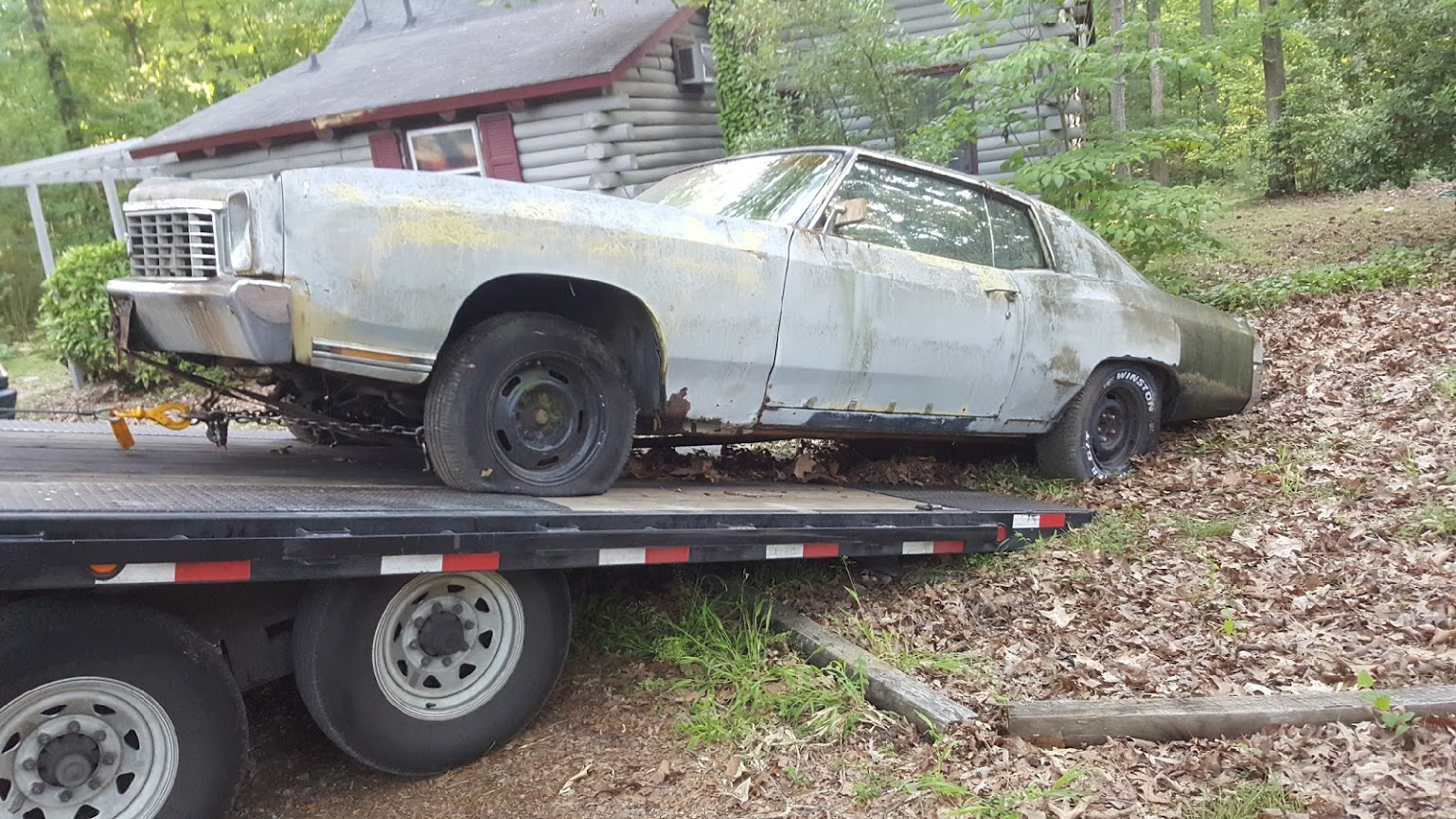We Buy Junk Cars Denver: Rapid, Easy, and Cash on the Spot
The Ecological and financial Benefits of Reusing Junk Autos
Reusing junk cars and trucks offers many financial and environmental benefits that expand well past waste reduction. These advantages underscore the complex worth of recycling scrap cars, yet there are further facets to take into consideration when examining its full influence.
Lowering Landfill Waste
Decreasing landfill waste via the recycling of scrap vehicles plays a pivotal duty in environmental conservation. Efficient reusing processes can significantly lower the volume of waste that finishes up in garbage dumps when automobiles get to the end of their life cycle. Scrap cars and trucks, otherwise correctly reused, add to the expanding problem of land fill overcapacity, intensifying ecological deterioration and potentially polluting dirt and groundwater with dangerous materials such as oil, gas, and heavy steels.

In addition, the reusing procedure mitigates the adverse effects of automobile waste on biodiversity. Landfills are infamous for disrupting local ecological communities, and reducing the increase of scrap cars and trucks helps preserve natural habitats. Ultimately, reusing scrap vehicles is a critical strategy that cultivates lasting waste administration, lining up with wider environmental objectives.
Conserving Natural Resources
In addition to mitigating landfill overcapacity, reusing scrap cars and trucks plays a substantial function in conserving natural deposits. The vehicle industry is heavily dependent on different metals, plastics, and other materials that require extensive mining and handling. By reusing junk cars, we significantly lower the need for basic materials, thus suppressing the ecological degradation related to mining tasks. Recycling steel from old lorries decreases the necessity for iron ore removal, which in turn decreases power consumption and greenhouse gas discharges.
Additionally, the procedure of reusing vehicle parts such as aluminum, lead, and copper is much less energy-intensive than generating these materials from virgin sources. This energy financial savings translates straight right into lowered fossil gas consumption and lower carbon impacts (sell car to junkyard). In addition, by reclaiming and repurposing materials, we expand the lifecycle of non-renewable sources, ensuring they remain offered for future usage
In addition, recycling vehicle fluids like oil, transmission, and antifreeze fluid stops harmful substances from infecting soil and water resources. Via organized reusing initiatives, these fluids can be purified and recycled, promoting a round economy and more decreasing the strain on natural resources. Thus, recycling scrap vehicles uses a complex technique to saving our world's vital all-natural possessions.
Producing Job Opportunities
The recycling of junk autos not only benefits the atmosphere but additionally boosts financial growth by developing job possibilities. This blossoming industry uses a broad selection of work potential customers, varying from the initial collection and transport of old cars to the detailed processes of dismantling, arranging, and repurposing the numerous elements.

The proliferation of reusing plants even more enhances the job market, necessitating duties such as engineers, machine drivers, and quality control experts to guarantee and manage the sophisticated equipment compliance with environmental regulations. Also management placements, such as sales, advertising, and customer care, see a surge as the sector increases.
Decreasing Manufacturing Costs
By incorporating recycled materials from junk automobiles, makers can significantly lower production prices. The usage of recycled steel, light weight aluminum, and other valuable steels reduces the demand for raw product removal, which is both costly and energy-intensive. This not just preserves all-natural resources yet also converts right into substantial price savings for automotive makers. The energy required to refine recycled products is significantly less than that required to produce brand-new products from scrape. This decrease in energy consumption directly associates with reduced manufacturing expenses.
In addition, the recycling procedure assists improve the supply chain by providing a steady influx of materials that are easily offered and usually less expensive than recently mined sources. These expense effectiveness are particularly important in an extremely competitive sector like automotive manufacturing, where margins can be razor-thin. In addition, the recycling of junk cars assists alleviate the unstable pricing of basic materials, making it possible for suppliers to much better forecast and manage their manufacturing spending plans.
Offering Inexpensive Vehicle Parts
When junk autos are recycled, the schedule of budget-friendly auto components substantially raises, benefiting both consumers and fixing shops. Recycled car components are commonly cost a portion of the expense of repairs, giving an economical alternative for vehicle owners Clicking Here and mechanics. This affordability can be vital for individuals that might not have the financial ways to acquire brand-new parts, enabling them to maintain their cars in risk-free and functional problem.
Service centers additionally gain from this boosted availability of budget friendly parts. By sourcing recycled components, these organizations can lower their functional costs, which can be handed down to customers with lower solution charges. This, consequently, can cause higher client fulfillment and commitment, as clients value the cost financial savings without compromising on quality.
In addition, the high quality of recycled components has enhanced significantly throughout the years, many thanks to advancements in recycling processes and top quality control steps. Lots of recycled components undergo strenuous screening to ensure they satisfy sector standards, offering integrity comparable to repairs - sell car to junkyard. By supplying a economically practical and high-quality option, the recycling of junk cars plays a critical function in supporting both the vehicle fixing sector and the more comprehensive consumer market
Verdict
Reusing junk cars and trucks provides significant financial and environmental benefits by substantially reducing land fill waste and saving natural resources. Overall, the recycling of junk automobiles supports both economic growth and sustainability objectives.
Reusing scrap cars presents various economic and ecological benefits that expand well past find this waste decrease. Scrap autos, if not properly reused, add to the expanding trouble of garbage dump overcapacity, worsening ecological destruction and possibly polluting soil and groundwater with harmful compounds such as oil, gas, and heavy metals.
By reusing scrap autos, we dramatically lower the need for raw products, thus curbing the environmental destruction linked with mining tasks.When scrap cars are reused, the accessibility of economical car components dramatically boosts, benefiting both customers and fixing shops.Recycling scrap cars and trucks provides substantial financial and ecological benefits by significantly reducing land fill waste and saving all-natural sources.